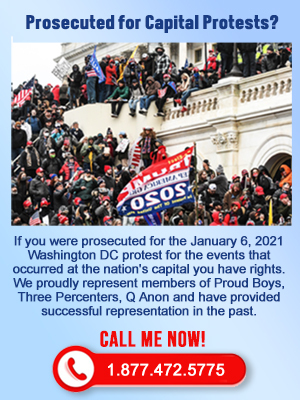A key Republican that heads the House Judiciary Committee wants a federal bribery probe after new documents published by the FBI featured claims that a top official in the State Department wanted a ‘quid pro quo’ with the FBI so they would downgrade the classifications of emails that were found on a Hillary Clinton server.
Rep. Bob Goodlatte (R-VA) stated in a letter to Attorney General Loretta Lynch yesterday: “Undersecretary [Patrick] Kennedy’s attempt to barter away American national security interests for plainly political purposes is appalling, and may rise to the level of a federal crime”
In the files known as 302s, which are heavily redacted, an official from the FBI described the situation with Under Secretary for Management Patrick Kennedy as a ‘quid pro quo.’ The files stated that in exchange for downgrading an email to unclassified, the State Department would pay back the FBI by allowing the agency to put more agents in countries where they currently are not allowed.
GOP calls mount for Patrick Kennedy's resignation after FBI revelations https://t.co/K4TC6wwGmd
— Fox News (@FoxNews) October 18, 2016
The FBI and State Department stressed yesterday that this arrangement was never actually made, but the FBI documents show that Kennedy was pushing hard and often to cut down on the number of classified emails on the personal server that Hillary Clinton used when she was secretary of state. Congress issued a subpoena and an order of preservation for these emails in March 2015.
Goodlatte wrote Lynch that you wanted the Department of Justice to investigate this matter. He noted that because of the parties that were involved, including Clinton, a high ranking State Department official and an FBI official, it is important to have this matter completely investigated.
Kennedy stated this week that his intentions were not political and he argued that there was no quid pro quo. He noted that he did talk to a senior official at the FBI to have a better understanding of the proposal by the FBI to upgrade a Clinton email to ‘classified.’
He added that he did not understand the reason that the FBI wanted to upgrade the email. He thought that a B7 law enforcement exemption would be better for the situation. He noted that the department has an obligation to make the determination if a document is classified or not.
Kennedy stated that he does not know why the FBI contact has an understanding that he was asking for something in exchange for having the email classification changed. He stated that the FBI contact he talked with talked about the topic of additional jobs for FBI agents in Iraq as a separate matter. The matters were not linked in any way, he said.
President Obama rejected the way in which that conversation has been characterized; he said the conversation was more like the one that happens often between the FBI and State Department, and no requests were being made that were not proper.
Also, the Washington Post published last week an interview with a retired FBI agent. He said that he and Kennedy had talked about helping each other. When the agent discovered that one of them was a classified Benghazi email was at issue, he told no to Kennedy.
About Bribery
Bribery is defined in Chapter 11 of the United States Code as any act where a person directly or indirectly gives, promises or offers something of any kind of value to any type of public official so as to influence an official act. In the past, it has been shown that the individual that the case involves does not need to have been an elected official at the time that the act allegedly happened.
He may be a candidate for an office, or has already been elected but is not an elected official yet. Bribery can become a federal crime when the person who is the target of a probe is an official of the federal government.
Bribery laws at the federal level are designed to protect the democratic process from any influence of criminal activity. Bribery may be prosecuted as part of a fraud or corruption case. This is because in most cases, bribery requires the collusion of an official who has been bribed.
Some bribery investigations may require federal officials to apparently accept bribes so as to get evidence for a criminal case, but this does not usually happen.
Laws against bribery at the federal level do recognize several different types of acts that each may qualify as bribery. One type of bribery is to offer a bribe to influence an official’s testimony under official oath. Another is to offer a bribe for performing a public duty as he or she is carrying out the duties of the office. Another type is to offer a bribe to get testimony as or from a witness.
